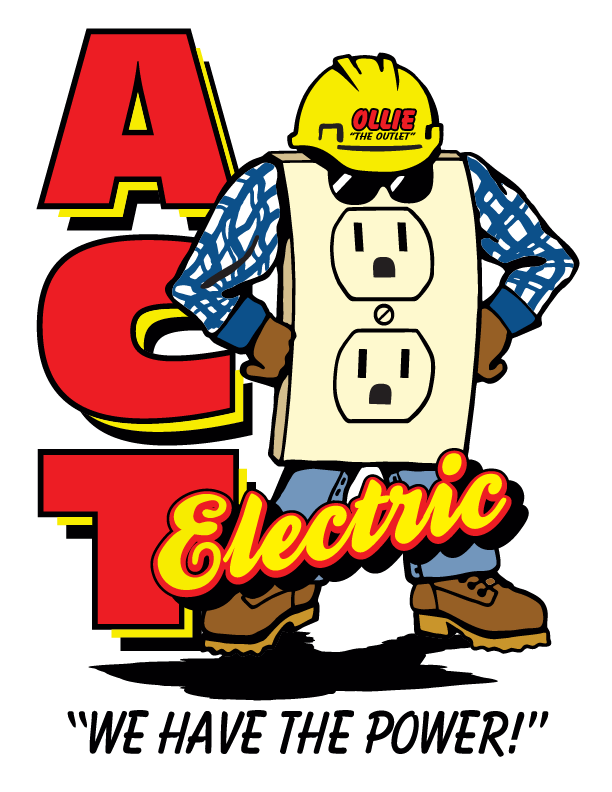What Are Surge Protectors and How Do They Work?
Small power spikes are normal in any household. However, if they become stronger, they can damage electrical devices. As a counter, surge protectors can defend equipment against power surges.
What is a surge protector?
A surge protector or suppressor is a device that can recognize power surges, and when it does, it reroutes the electricity to the ground wire to protect the connected devices.
It's important to note that a surge protector doesn't safeguard devices against thunder or lightning strikes. In the event of a thunderstorm, it's still best to turn off all plugged-in electrical equipment to prevent potential damage.
Should you use a surge protector with all devices?
It would be a good idea to use a surge protector on all of one's expensive electronics if possible. For example, computers, TVs, and stereo systems should be plugged in into a surge suppressor. These devices are most susceptible to power spikes and expensive to repair or replace. In general, it's recommended to use a surge protector with devices that contain voltage-sensitive parts.
Doing so gives people peace of mind that their high-end equipment is protected even in a power surge. It also extends the life of the equipment.
However, there's usually no need to use it with lamps with standard light bulbs. If there's a power spike, only the light bulb could burn, and replacing it wouldn't be a hassle.
What to keep in mind when getting a surge protector
There are a couple of factors to consider when purchasing a surge protector. It's always better to get a surge protector that can store more joules so the device can support multiple power surges and last longer. As a rule, homeowners need surge protectors rated at 600 joules at the least.
The surge protector's response time also matters; it is the time it takes for it to recognize a power surge. Of course, the quicker it is, the more likely it is to protect the connected devices successfully. For this reason, look for a nanosecond-surge protector or faster.
Finally, the number of sockets and their locations in the home may also be significant. Consider how many devices you want to plug into the surge protector and if any of them have oversized plugs.
Talk to the professionals
Purchasing a surge suppressor to protect the electronics at home against power spikes is not an overly complicated matter. If in doubt, consult an electrician about the best course of action.
ACT Electric provides timely and professional attic fan installation, hot tub wiring, and whole house surge protectors services in Mesa and its surrounding cities. We are licensed and bonded and have a team of experienced electricians. We also specialize in providing commercial electrical services.

